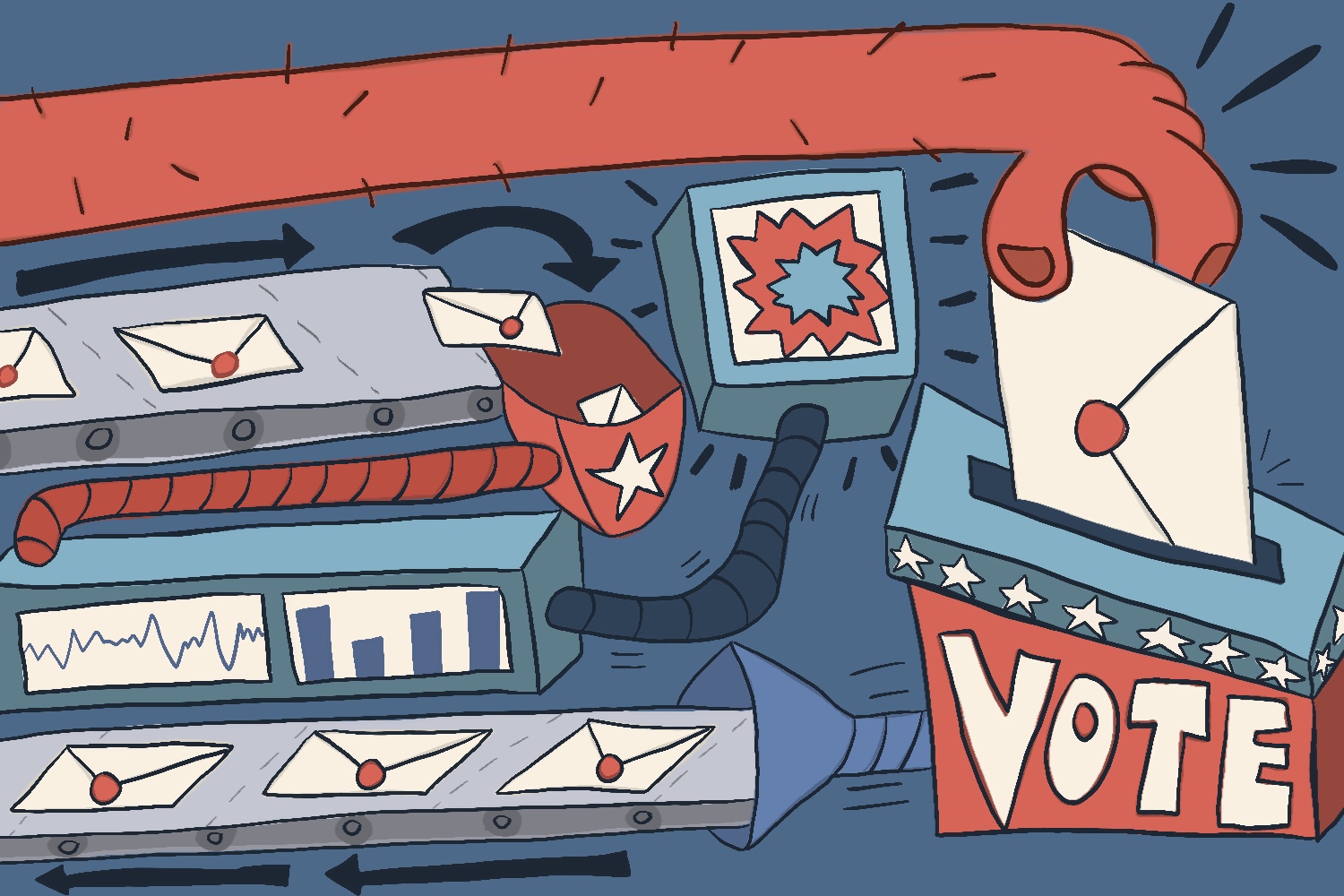A hit. A puff. Some smoke fills a room in an apartment downtown with the smell of salvia. It’s legal, but what’s next for the substance and its users is currently up in the air. Salvia, the legal hallucinogen previously considered by some as under-the-radar, has come under the scrutiny of the media and state legislation. This surge in awareness has led former sup?pliers to reconsider. “Purple Sticky Salvia” is a brand of salvia commonly sold in head shops and online, and was available at Northern Lights for people over 18 on Main Street in Burlington. Recently, however, Northern Lights decided to sell off the remainder of what they have and cease further sale. “Its just not worth the trouble,” a shop sales associate said. Salvia divinorum is a legal hallucinogen of the mint family, according to an article published by the Office of Diversion Control of the Drug Enforcement Administration in June 2008. In an article in the Hartford Advocate, Chris Harris called salvia, “one of the drug world’s best kept secrets.” However, salvia’s secret status is dwindling. “There is a growing understanding of the effects (of salvia) and of its use as a recreational drug, and its prevalence,” Andrew Golub, UVM Professor of Sociology, said. This public awareness has grown via the Internet, Golub said. “Youtube videos presenting an understanding of salvia’s effects and context of its being used” are at least partially to blame for the drug’s current status in the public consciousness, Golub said. “Given the videos on Youtube … it was just a matter of time until people became upset about the uses of salvia,” he said. Indeed, the media is beginning to pick up on salvia’s scent. A Nov 26 story from Fox News in Vermont refers to Salvia as “a hallucinogenic … being sold on the streets of your community,” “You would likely want to protect your children from such a danger,” the Fox News piece said, going on to equate salvia’s effects to that of an acid trip. Texas State Representative Charles “Doc” Anderson appeared on the Dr. Phil Show on Nov 11 that focused on risky teen behavior. He shared his expertise on salvia and warned parents of the alleged life-altering effects of its usage. In many states, salvia is on the table for being banned. According to the Office of Diversion, as of June 2008, legislative bills proposing regulatory controls on Salvinorin A, the active component of Salvia divinorum or salvia itself were pending in Alaska, California, Hawaii, Illinois, Iowa, Michigan, Minnesota, Nebraska, New Jersey, New York, Ohio, Pennsylvania and South Carolina. “Banning salvia is consistent with much of our drug law and the world view it represents,” Golub said.Vermont, however, does not seem eager to restrict Salvia. “I checked with the Legislative Council and there has not been any legislation introduced regarding the substance,” Kesha Ram, who won one of the Chittenden 3-4 House of Representatives seats in the Nov 4 election, said. “From communication with the legal counsel of the Department of Health, my understanding is that the agency is up to speed on the various facets of the issue and is poised to lend expertise, however there is currently no documentation or research specific to Vermont,” Ram said. Even on the UVM campus, administrative awareness of salvia is limited at best. “I do not know anything whatsoever about Salvia Divinorum or its use on campus or else?where in Vermont,” UVM President Daniel Mark Fogel said. Golub, who will be teaching a class next term on Contemporary Drug Issues, said he “strongly suspects that many legislators know nothing of salvia as an issue” and that “most people over 30 know nothing about salvia.” Yet, this apparent lack of knowledge and action by both the UVM administration and the Vermont Statehouse is not due to a lack of use within the state. In a survey done in the Dudley H. Davis Center on Nov 19, 100 University of Vermont students were anonymously questioned about their usage of salvia. Thirty-three percent of students surveyed have tried salvia in their lifetime. Of those thirty-three percent, fifty-seven percent have used salvia multiple times. When University of Vermont student Chris Mullan had his dorm room searched by Police Services on November 9th, there was a container of Salvia on the desk. Campus Police took note of the substance and inquired about it. “They don’t even know what it is,” Mullan said. UVM’s students are well aware of salvia and the general public is catching up. Across the country, the substance’s legal status is up in the air and even in Burlington the drug is growing harder to find. There is a growing possibility that future dealings with this under-the-radar drug may have to be done under the table instead of over the counter.












